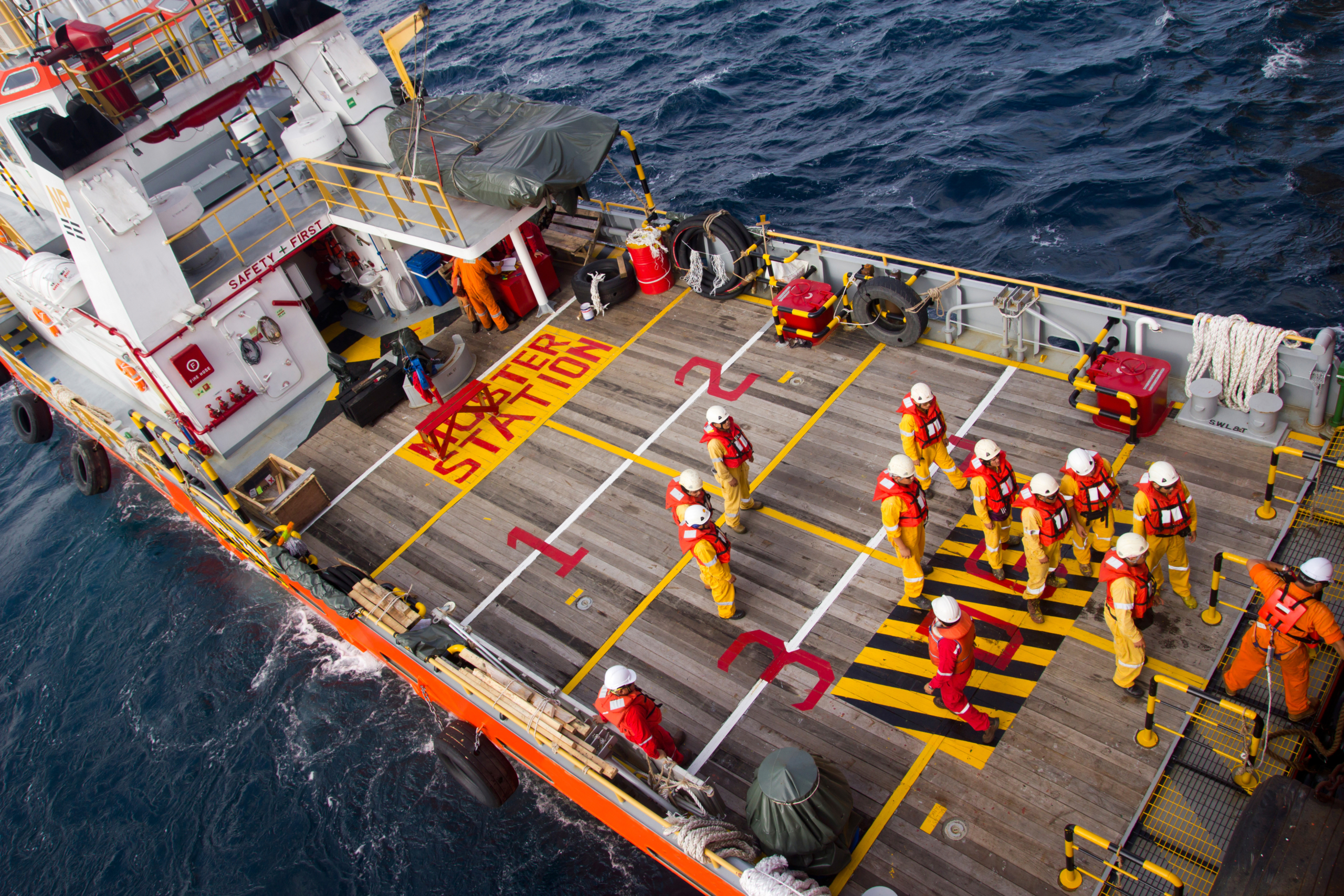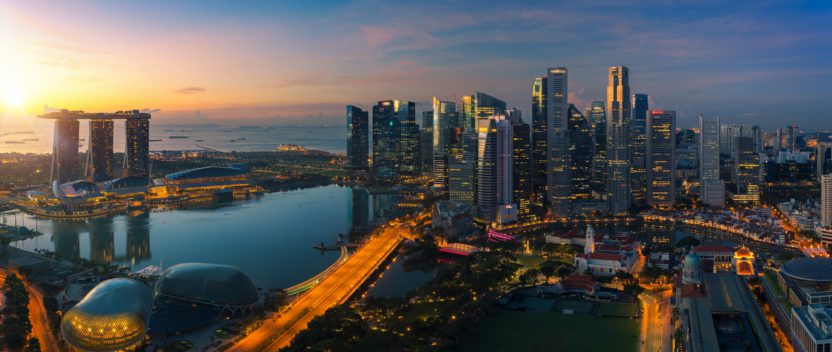Better technology for safer seafaring

Digitalisation is almost as close to the top of shipping industry priorities as its cousin decarbonisation. The two are inextricably linked, one the enabler of the other, or at least the means to improve performance until the new fuels the industry needs become available.
Digital tools offer the means to respond to multiple challenges: enabling owners to calculate and report fuel consumption, making voyages more efficient by providing supporting navigational data or connecting crew.
As we have observed before on these pages, the real challenge is the interface of digitalisation and people in ways that keep mariners focused on key tasks, improve human performance and support health and welfare.
The latest in a series of reports commissioned from consultant Thetius by communications provider Inmarsat asks three important questions of the shipping industry. First, what value should the maritime sector place on human factors when considering the digital transformation of the shipping industry?
Next, what role does human performance play in building a lean, competitive, digitalised, and profitable merchant shipping operation? And finally, how do human factors interrelate with digital processes, procedures, and technologies to create a ship that delivers the right outcomes for its owners and a safe and stimulating environment for its crew?
The importance of the maritime workforce to making the global economy work cannot be overstated and the trajectory of development in the shipping industry makes it clear that skilled, motivated, and well cared for seafarers will be pivotal to its ability to meet both its business and environmental, social, and governance (ESG) obligations.
Instead of allowing maritime professionals to become distrustful or even fearful of digital and emerging technologies, the report finds that the sector must recognise the continued importance of human capital and work hard to bring crews along on the journey.
Newer, better ways of working are possible it says, with digital tools and connectivity creating happier and more productive ships. Entirely new and exciting roles are emerging and growing rapidly, the report claims.
However, the fact that half of the seafarers questioned believe that there will be a 25% reduction in job opportunities within five years, suggests that more needs to be done to highlight how those roles will be evolved or replaced.
The challenge is made greater by the fact that seafarer happiness is at an all-time low. Societal and generational expectations and ambitions are changing, but life at sea has stagnated for many.
The report calls the addition of internet connectivity requirements to the MLC a paradigm shift, addressing as it does one of the key concerns of today’s maritime professionals. Our own analysis suggests it will be nothing like as simple as it sounds and whether the expected low barrier to connectivity is delivered in practice remains to be seen.
Excepting the obstacles, connectivity is now ubiquitous in developed nations and increasingly prevalent in developing ones – it will increase again when new satellite constellations come online.
Seafarers around the world should be able to look forward to keeping in touch with family and friends and accessing an array of platforms and digital services that have the potential to improve their lives at sea. This future may not be evenly distributed though.
The benefits of a digital fleet are clear. Though there is always a loss prevention expert ready to argue the opposite, a connected workforce should be happier and more motivated. At the business end, the opportunity to gather more data from the ship (without having to physically collect it themselves) provides crews with the visibility needed to build effective strategies for decarbonisation.
Though it should be obvious by now, remember too that digital transformation is not synonymous with autonomous or remote controlled ships. Digitalisation will instead offer an enrichment of seafaring job roles and humans will remain at the very centre of the digital era in shipping, the Thetius team believes.
Digital and connected tools can boost human performance and compliment human skills and by aligning digital tools with the needs of the seafarer, the process of technology-led improvements in decarbonisation and crew management will develop quicker and be more effective, it reckons.
When operators realise that the modern ship is a complex socio-technical system that requires the co-operation of human and machine, a bigger picture emerges. Liberated from routine and mundane tasks, humans can better focus on more complex decision making and make judgements with the help of better situational awareness.
For any of this to happen however, the industry must continue to attract talented and dedicated people. And we should add, the industry should recognise the need to empower those people into leadership roles with appropriate responsibility.
The digital transformation will provide new ways of delivering training and encourage retention through better working conditions, but will also require training new skills and expertise, the researchers conclude.
What is also clear from the survey is that more needs to be done to ensure that human factors are considered properly in the design of digital maritime systems and the seafaring workforce is invested in the digitisation process.
A critical finding suggests that seafarers may be more ready for change than many imagine. Two in five crew members (40% of those surveyed) who work with digital technology at sea today point to shortcomings in systems design and lack of user friendliness. The figure suggests a group of users with frustrated expectations and a progressive mindset which owners seeking to retain maritime professionals would do well to consider.


